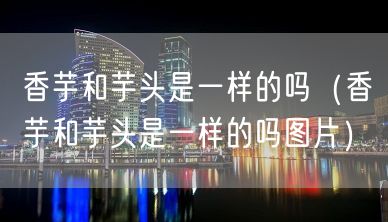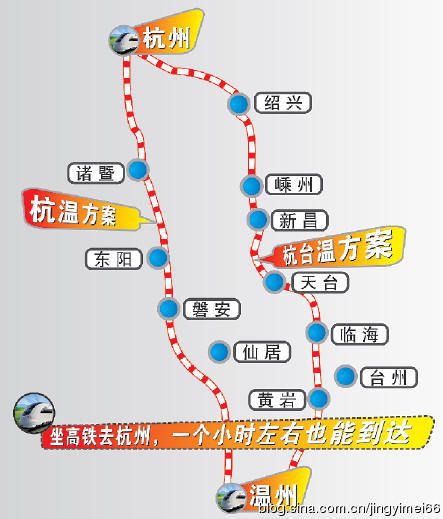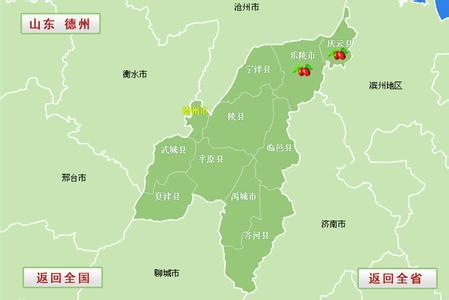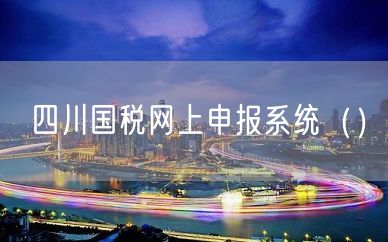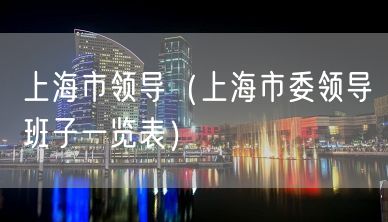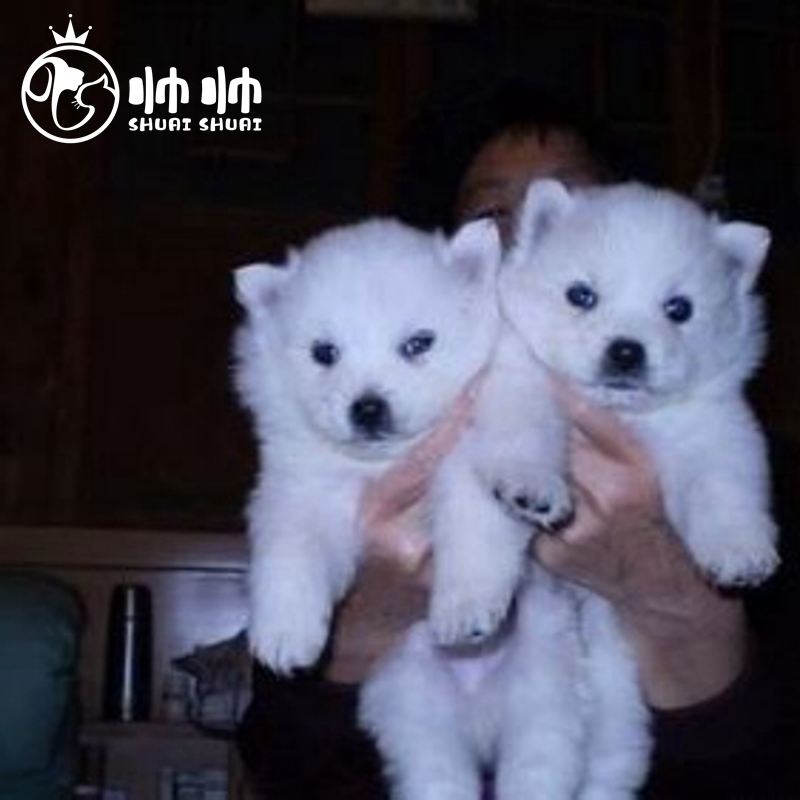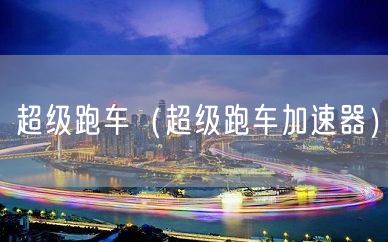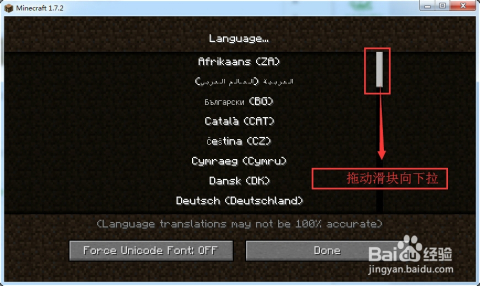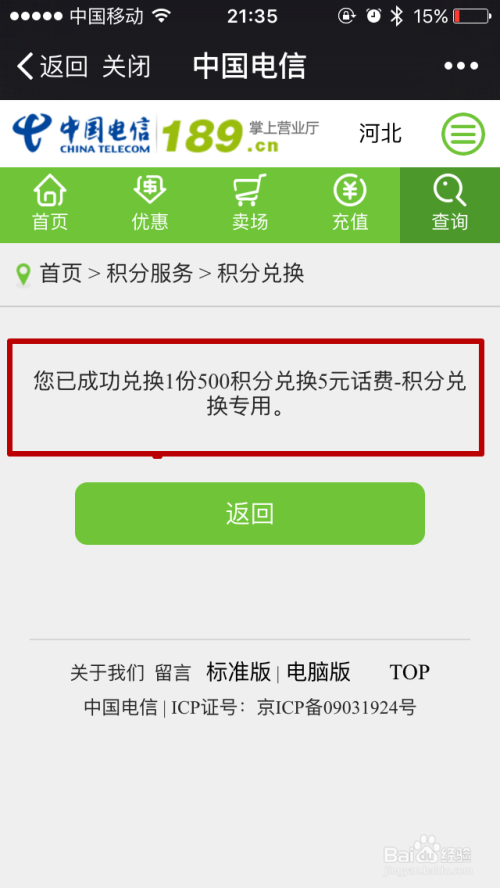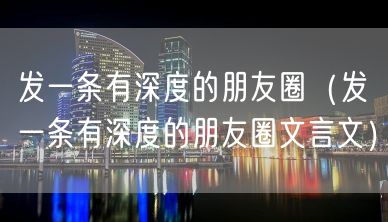一、求中国传统节日的英文翻译!
1、春节
春节,即农历新年,是一年之岁首 春节历史悠久,由上古时代岁首祈年祭祀演变而来。春节的起源蕴含着深邃的文化内涵,在传承发展中承载了丰厚的历史文化底蕴。在春节期间,全国各地均有举行各种庆贺新春活动,热闹喜庆的气氛洋溢。
春节历史悠久,由上古时代岁首祈年祭祀演变而来。春节的起源蕴含着深邃的文化内涵,在传承发展中承载了丰厚的历史文化底蕴。在春节期间,全国各地均有举行各种庆贺新春活动,热闹喜庆的气氛洋溢。
The Spring Festival, the Lunar New Year, is the first year of the year. The Spring Festival has a long history and evolved from the annual prayers of the ancient times.
The origin of the Spring Festival contains profound cultural connotations, and it carries a rich historical and cultural heritage in the inheritance and development.
During the Spring Festival, various celebrations of the New Year are held throughout the country, and the atmosphere of lively and festive atmosphere is overflowing.
2、元宵节
元宵节,是每年农历正月十五日,是中国的传统节日之一。根据道教“三元”的说法,正月十五日又称为“上元节”。元宵节习俗自古以来就以热烈喜庆的观灯习俗为主。
Lantern Festival is the 15th day of the first lunar month and is one of the traditional festivals in China.
According to the Taoist "three yuan", the 15th day of the first month is also known as the "upper yuan festival." Since the ancient times, the custom of the Lantern Festival has been dominated by the warm and festive lighting customs.
3、清明节
清明节,源自上古时代的春祭活动,兼具自然与人文两大内涵,既是自然节气点,也是传统节日。清明节是传统的重大春祭节日,扫墓祭祀、缅怀祖先,是中华民族数千年以来的优良传统。
The Ching Ming Festival, originated from the ancient festival of spring festival activities, has both natural and humanistic connotations, both natural and traditional festivals.
The Ching Ming Festival is a traditional major spring festival festival. It is a fine tradition of the Chinese nation for thousands of years to sweep the tombs and cherish the ancestors.
4、端午节
端午节,是中国民间的传统节日。端午节源自天象崇拜,由上古时代龙图腾祭祀演变而来。端午节的起源涵盖了古老星象文化、人文哲学等方面内容,蕴含着深邃丰厚的文化内涵。
The Dragon Boat Festival is a traditional Chinese folk festival. The Dragon Boat Festival originated from the celestial worship, which evolved from the ancient totem of the ancient totem.
The origin of the Dragon Boat Festival covers the ancient astrological culture, humanistic philosophy and other aspects, and contains profound cultural connotations.
5、七夕节
七夕节,是中国民间的传统节日,为传统意义上的七姐诞,因拜祭活动在七月七日晩上举行,故名“七夕”。经历史发展,七夕被赋予了“牛郎织女”的美丽爱情传说,使其成为了象征爱情的节日,从而被认为是中国最具浪漫色彩的传统节日,在当代更是产生了“中国情人节”的文化含义。
Qixi Festival is a traditional Chinese folk festival. It is the birth of the Seven Sisters in the traditional sense.
The worship event was held on July 7th, hence the name "Qi Xi".
Through the development of history, Tanabata has been given the beautiful love story of "The Cowherd and the Weaver Girl", making it a symbolic love festival, which is considered to be the most romantic traditional festival in China.
In the contemporary era, it has produced "Chinese Valentine's Day". Cultural meaning.
参考资料来源:百度百科-中国传统节日
二、各种中国传统节日的英文介绍
1.春节(农历一月一日) Spring Festival;Chinese New Year'sDay
2. 元宵节(农历一月十五日) Lantern Festival
3. 清明节(4月5日)Tomb-Sweeping Day
4. 端午节(农历五月初五) Dragon Boat Festival
5.中秋节(农历八月十五) Mid-Autumn (Moon)Festival
6. 重阳节(农历九月九日) Double-ninth Day
7.. 除夕(农历十二月三十日)New Year's Eve
这里除了现代的一些节日,更多的是咱们基本已经忘了的传统节日。话不多说,直接奉上。
看完有没有感觉很多节日都快被遗忘了,这下可要记住了。
说到底,还是年轻人选择了洋节而不是洋节选择了年轻人
很多年轻人不愿意不喜欢回家过春节,却很少有人不喜欢圣诞节,我觉得这应该反思一下,是不是我们的节日出现了什么问题。
说到底,谁更符合整个社会发展的需要,谁就会慢慢的被接受,相比之下,你就会发现,吃吃喝喝的传统节日,再不改变,只有死路一条了。
三、中国所有传统节日英文与中文
1. 春节(农历一月一日) Spring Festival;Chinese New Year's Day
2. 元宵节(农历一月十五日) Lantern Festival
3. 清明节(4月5日) Tomb-Sweeping Day
4. 端午节(农历五月初五) Dragon Boat Festival
5.中秋节(农历八月十五) Mid-Autumn (Moon)Festival
6. 重阳节(农历九月九日) Double-ninth Day
7.. 除夕(农历国际劳动节May. Day) May.1
中国青年节 Chinese Youth Day May.4
国际儿童节International Children's Day(Children's Day) June .1
中国共产党诞生纪念日 (党的生日) Anniversary of the Founding of the Chinese Communist Party (the Party' s Birthday) July .1
建军节 Army Day August .1
教师节Teachers’ Day Sept.1
国庆节National Day October.1
春节 the Spring Festival (New Year’s Day of the Chinese lunar calendar) 农历正月初一
元宵节 (灯节)the Lantern Festival 农历正月十五
清明节the Qingming Festival四月五日前后
端午节the Dragon-Boat Festival农历五月初五
中秋节the Mid-Autumn Festival (the Moon Festival)农历八月十五
重阳节the Double-Ninth Day农历九月初九
情人节 the Double-Seventh Day农历七月初七十二月三十日)New Year's Eve 春节(农历一月一日) Spring Festival;Chinese New Year's Day
2. 元宵节(农历一月十五日) Lantern Festival
3. 清明节(4月5日) Tomb-Sweeping Day
4. 端午节(农历五月初五) Dragon Boat Festival
5.中秋节(农历八月十五) Mid-Autumn (Moon)Festival
6. 重阳节(农历九月九日) Double-ninth Day
7.. 除夕(农历十二月三十日)New Year's Eve农历节日
农历正月初一春节(the Spring Festival)
农历正月十五元宵节(Lantern Festival)
农历五月初五端午节(the Dragon-Boat Festival)
农历七月初七乞巧节(中国情人节)(Double-Seventh Day)
农历八月十五中秋节(the Mid-Autumn Festival)
农历九月初九重阳节(the Double Ninth Festival)
农历腊月初八腊八节(the laba Rice Porridge Festival
四、中国的节日有哪些?用英语怎样说?
清明节 tomb sweeping festival 中秋节mid-autumn day 端午节dragon boat festival 重阳节the double ninth festival 腊八节the laba rice porridge festival 元宵节lantern's day 除夕new year's eve 春节spring。
中国节日,是指中国的法定节日及纪念日、民间节日、其他中国承认的国际日以及重要日期等。
根据《全国年节及纪念日放假办法》,全体公民放假的节日:元旦,放假1天(1月1日);春节,放假3天(农历正月初一、初二、初三);清明节,放假1天(农历清明当日);劳动节,放假1天(5月1日);端午节,放假1天(农历端午当日);中秋节,放假1天(农历中秋当日);国庆节,放假3天(10月1日、2日、3日)。
部分公民放假的节日及纪念日:妇女节(3月8日),妇女放假半天;青年节(5月4日),14周岁以上的青年放假半天;儿童节(6月1日),不满14周岁的少年儿童放假1天;中国人民解放军建军纪念日(8月1日),现役军人放假半天。
二七纪念日、五卅纪念日、七七抗战纪念日、九三抗战胜利纪念日、九一八纪念日、教师节、护士节、记者节、植树节、农民丰收节等其他节日、纪念日,均不放假。全体公民放假的假日,如果适逢星期六、星期日,应当在工作日补假。部分公民放假的假日,如果适逢星期六、星期日,则不补假。

